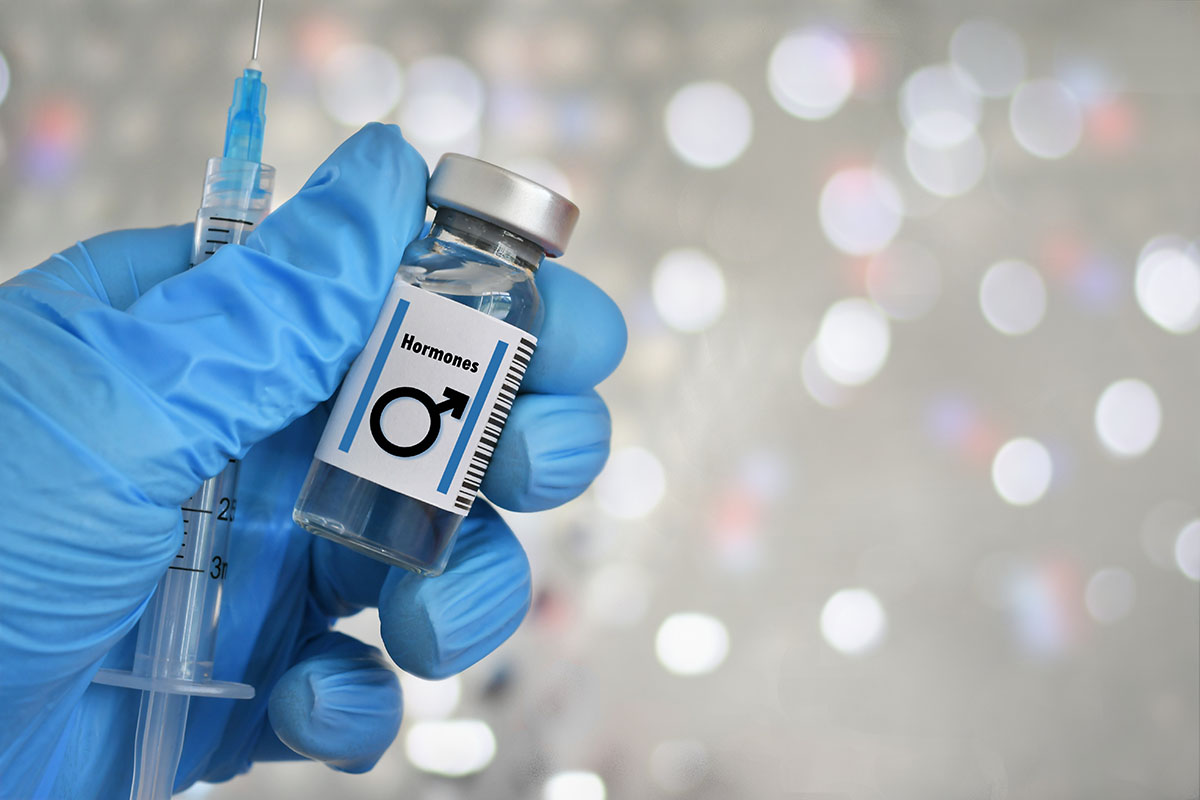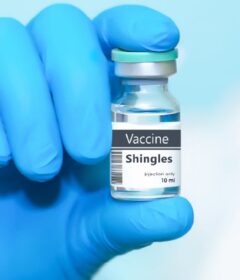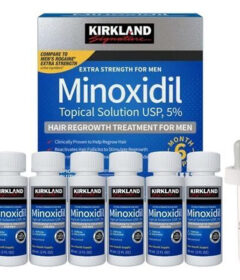The Benefits of TRT Therapy

Testosterone Replacement Therapy (TRT) is a medically supervised treatment aimed at alleviating symptoms of low testosterone levels in men. This therapy involves the administration of testosterone through various methods such as injections, patches, or gels, tailored to individual needs. Testosterone plays a crucial role in maintaining overall health, influencing everything from muscle mass to mood regulation.
The process of TRT starts with a thorough evaluation to confirm testosterone deficiency. This is followed by a personalized treatment plan that considers the patient’s health history and specific symptoms. The goal is to restore testosterone levels to a normal range, which can significantly improve quality of life.
Testosterone is vital for numerous bodily functions. It helps in maintaining muscle mass, bone density, and is essential for the production of red blood cells. It also impacts fat distribution and can influence both mood and cognitive function. By addressing testosterone deficiency, TRT can help men regain a more youthful vitality and reduce the risks associated with low testosterone levels.
Physical Health Benefits of TRT
Testosterone Replacement Therapy (TRT) offers a multitude of physical health benefits that can significantly enhance the quality of life for men experiencing low testosterone levels. One of the most notable improvements is in muscle mass and strength. Men undergoing TRT often report increased muscle size and a greater ability to engage in strenuous activities, which is crucial for maintaining overall physical health as one ages.
Another vital benefit is the enhancement of energy levels. TRT can help alleviate the persistent fatigue and lethargy that often accompany low testosterone, enabling men to feel more vigorous and active throughout the day. This increase in energy can lead to more consistent and effective exercise routines, further boosting physical health.
Lastly, TRT plays a significant role in reducing fatigue and lethargy. By stabilizing testosterone levels, men often experience a more balanced energy state, which can significantly improve daily functioning and reduce the overall feeling of tiredness that can impede daily activities.
Mental and Emotional Advantages
Testosterone Replacement Therapy (TRT) offers significant mental and emotional benefits for men experiencing low testosterone levels. One of the most notable improvements is in cognitive functions. Men undergoing TRT often report better focus, clearer thinking, and improved memory. These enhancements contribute to a higher quality of life and better performance in both personal and professional spheres.
Additionally, TRT has a profound impact on mood and well-being. It can lead to a more positive outlook and greater motivation, which are essential for everyday activities and overcoming challenges. The therapy is also associated with a reduction in symptoms of anxiety and depression, making it a valuable option for those struggling with these conditions. This aspect of TRT helps men regain a sense of control and enjoyment in their lives, fostering overall emotional stability.
The combined benefits of improved cognitive function, mood, and emotional well-being make TRT a comprehensive treatment option for addressing the mental and emotional challenges associated with low testosterone levels.
Impact on Sexual Health
Testosterone Replacement Therapy (TRT) has significant effects on sexual health, addressing several key areas that often concern men experiencing low testosterone levels.
- Enhancement of Libido: TRT can lead to a noticeable increase in sexual desire. This is particularly beneficial for men who have seen a decline in libido, which can be a common issue as testosterone levels drop with age.
- Improvements in Erectile Function: Many men find that TRT helps in achieving and maintaining erections. The therapy boosts blood flow and improves the overall function of vascular mechanisms, which are crucial for erectile health.
- Overall Sexual Satisfaction: Beyond just the physical aspects, TRT can enhance overall sexual satisfaction, making sexual experiences more enjoyable and fulfilling. This improvement is often due to the combined effects of increased libido and better erectile function.
Long-term Health Effects
Testosterone Replacement Therapy (TRT) has been linked to several long-term health benefits that extend beyond immediate symptomatic relief. These benefits are crucial for maintaining a high quality of life as men age.
Cardiovascular Health
TRT can have significant effects on heart health. Studies suggest that adequate testosterone levels are essential for maintaining cardiovascular health, and TRT can help in normalizing these levels. This normalization can lead to:
- Reduced risk of heart attacks
- Lower chances of stroke
- Improved blood flow and circulation
Bone Density and Health
Testosterone plays a critical role in bone metabolism. TRT has been shown to increase bone density, which can decrease the risk of fractures and osteoporosis, particularly in older men. This is particularly important as bone density naturally decreases with age.
Metabolic Benefits
TRT can also influence overall metabolic function, which is crucial for preventing conditions like diabetes and obesity. Improved testosterone levels through TRT can lead to:
- Enhanced insulin sensitivity
- Better regulation of blood sugar levels
- Improved lipid profiles
These long-term health effects underscore the potential of TRT not just as a treatment for low testosterone levels but also as a preventive measure for several age-related health issues.
Addressing Age-Related Decline
As men age, they often experience a natural decline in testosterone levels, known as andropause, which can affect their overall vitality and health. Testosterone Replacement Therapy (TRT) offers a promising solution to counteract these effects and maintain a higher quality of life in the senior years.
Counteracting Andropause
TRT can significantly alleviate the symptoms associated with andropause, such as decreased energy, reduced muscle mass, and mood fluctuations. By restoring testosterone levels to a more youthful state, men can enjoy renewed vigor and improved physical health.
Maintaining Vitality in Senior Years
The benefits of TRT extend beyond merely addressing hormonal imbalances. It can enhance physical capacity, mental clarity, and emotional stability, allowing older men to engage more actively in their daily lives and maintain their independence longer.
Prevention of Age-Related Diseases
TRT may also play a role in preventing age-related diseases. Improved testosterone levels have been linked to better cardiovascular health, stronger bones, and a more robust metabolic profile, potentially reducing the risk of conditions like osteoporosis and type 2 diabetes.
Safety and Side Effects
While Testosterone Replacement Therapy (TRT) offers numerous benefits, it is crucial to consider its safety and potential side effects. Understanding these risks and how to manage them can help individuals make informed decisions about their treatment options.
Common Side Effects of TRT
TRT can cause several side effects, which vary among individuals. Some of the most common include:
- Acne and oily skin
- Increased risk of blood clots
- Elevated red blood cell count
- Swelling in the ankles or feet
- Sleep apnea
Long-term Risks
Long-term use of TRT may pose additional risks, including:
- Possible increased risk of cardiovascular issues
- Potential stimulation of prostate cancer growth in those with pre-existing conditions
- Liver abnormalities
Monitoring and Managing Side Effects
To minimize risks and enhance the safety of TRT, regular monitoring is essential. This includes:
- Routine blood tests to check hormone levels and other vital indicators
- Regular check-ups with a healthcare provider
- Adjusting the dose or frequency of therapy based on individual responses and side effects
By closely monitoring and managing side effects, individuals can maintain the benefits of TRT while mitigating potential risks.



